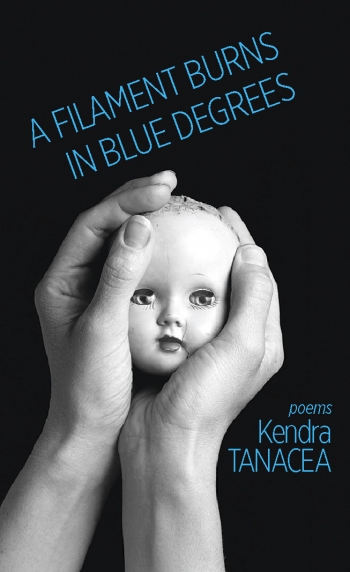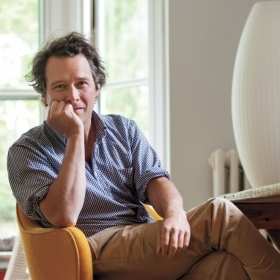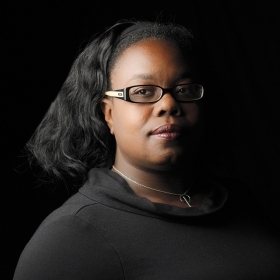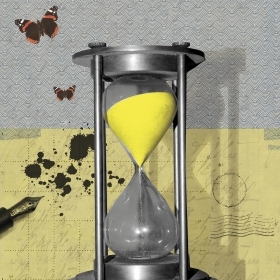Kendra Tanacea ’88, a poet and full-time practicing trial lawyer, has a forceful new book out. An English major at Wellesley, Tanacea also has an M.F.A. in writing and literature, and an infectious, throaty laugh. After Garrison Keillor recently featured two of her poems on his Writer’s Almanac show, she laughingly said, “I should be a playwright—it was such a thrill to hear it.”
Why do you write?
I read constantly. Sometimes I want to argue back at an essay or article, but with a poem. Other times, stories move me and I want to add my feelings to the mix, so I will use that story as a springboard and see where my writing takes me. Writing is inward and exploratory. It has no limits. You can imagine and think whatever you want to. That’s why I love it. It allows me to romp around in my own mind and discover.
Poetry, with its imaginative leaps and images, permits readers to add their own imaginings and associations to the poem, so the meaning of a poem becomes a unique collaboration between the writer and each reader.
What’s your writing practice?
I get up early when it’s dark and quiet, and write when I’m still groggy and in the beautiful place between sleeping and waking. My initial outpourings are handwritten in a notebook. I only use the computer when I’m crafting the poem.
I also enjoy writing with a group of local writers, Laguna Writers, inspired by prompts and other participants. As these workshops are at the end of the day, my writing collects images from my surroundings, grafted to the particular concerns of that day.
Why does poetry matter?
A great example is Maggie Smith’s “Good Bones,” which recently went viral. The poem’s speaker struggles to keep the horrors of this world from her children and ultimately speaks of hope. Assuming the role of a real estate agent, Smith ends with:
I am trying
to sell them the world. Any decent realtor,
walking you through a real shithole, chirps on
about good bones: This place could be beautiful,
right? You could make this place beautiful.
It’s a smart, simple, painful/hopeful poem that acknowledges all the wrongs and injustices, and quietly implores the reader to “renovate” this world, to revive its beauty.
By Paula Butturini ’73 | Butturini, a writer based in Connecticut, is the author of Keeping the Feast: One Couple’s Story of Love, Food, and Healing.








We ask that those who engage in Wellesley magazine's online community act with honesty, integrity, and respect. (Remember the honor code, alums?) We reserve the right to remove comments by impersonators or comments that are not civil and relevant to the subject at hand. By posting here, you are permitting Wellesley magazine to edit and republish your comment in all media. Please remember that all posts are public.